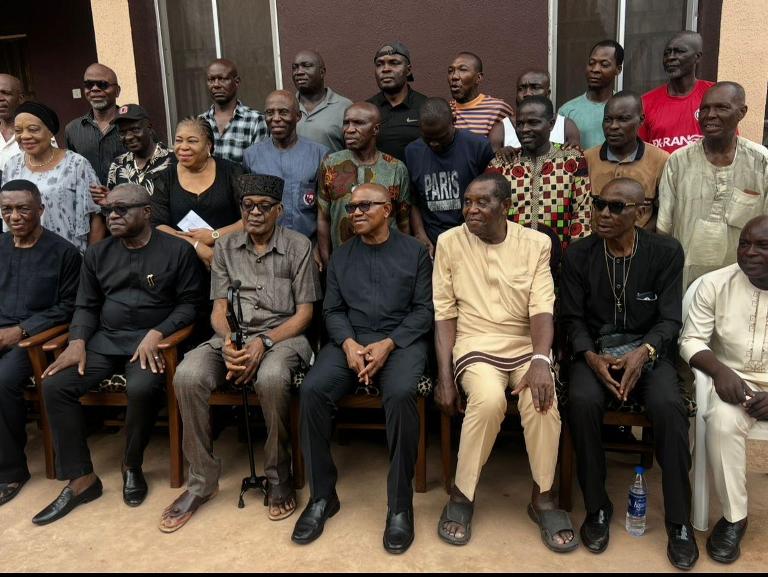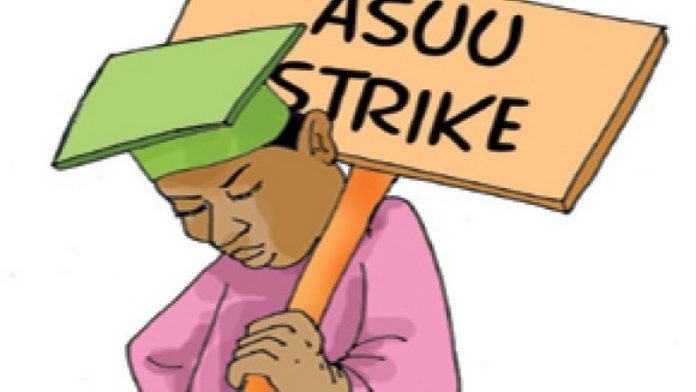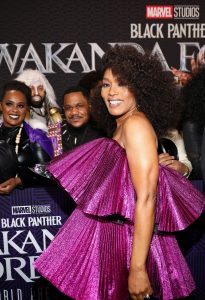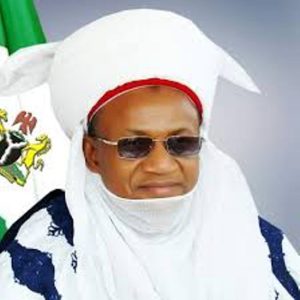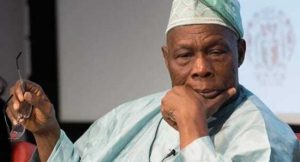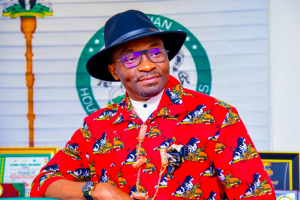Peter Obi (middle) and old members of Old Rangers International of Enugu in a group photograph.
Obi: The best way to build a better future is to honour those who helped shape the past
By Valentine Obienyem
Prof. Okey Ikechukwu is the embodiment of philosophy. It radiates through his comportment, his speech, and even the silences between his words.
I once said that I enjoy discussing philosophy with him because he is at home with any topic. At times, we delve into the intricate problems of knowledge; at other times, we explore the distinctions between noumenon and phenomenon – between the unseen real and the unreal seen.
Every utterance of his seems to pass through the cauldron of deep reflection before being offered to the listener.
Our conversations are often rich and far-reaching. Even when we discussed sports – though only tangentially – he did not disappoint.
He pointed out the capacity of sports, in all its forms, to create and nurture celebrities.
Referring to Plato, he said to me, “Do not regard Plato merely as a philosopher. He was an accomplished wrestler, so much so that he developed broad shoulders.
That, in fact, is where the name ‘Plato’ came from. His original name was Aristocles.”
That insight stayed with me. Indeed, sports has the power to confer popularity and even a kind of immortality.
Also read: Let’s pray for compassionate leaders – Obi
How many people are more universally recognised than the likes of Pelé and Messi?
This brings to mind an event that took place recently – one that underscored the deep connection between sports, memory, and honour.
Mr Peter Obi, the Labour Party (LP) flagbearer, visited the family of Nigeria’s Green Eagles (now Super Eagles) and Enugu Rangers ex-captain, Chairman Christian Chukwu, in Enugu, where he sympathised with them and prayed that God would grant them the fortitude to bear the loss.
Members of the Old Rangers were present in their numbers to receive him.
Following that, Obi also visited another Old Rangers and national player, Emmanuel Okala.
He commiserated with him over the deaths of their colleagues, sharing in the grief of a generation that had given so much to the nation through football.
From Enugu, Obi proceeded to Enugu-Ukwu to visit the family of another Rangers captain, Christian Isiadinso, who also passed away recently.
He extended his condolences to the family and assured them of his continued support and prayers.
But Obi’s relationship with the Old Rangers did not begin today. It has been one of consistent engagement, stretching back to his days as Governor of Anambra State.
Back then, he began paying them monthly stipends. He appointed several of them into government; he built houses for some and purchased land for others.
He even personally handled the burial arrangements for a few who passed away without strong family support.
At the last two burials they attended outside the state, it was Obi who took care of the logistics—both transportation and lodging.
He also provided them with a brand-new bus.
The warmth of that relationship was evident even recently.
Just weeks ago, Obi hosted the Old Rangers to dinner at Cibus Kitchen—their preferred venue, which they say they love for the naturalness of its food.
Christian Isiadinso was present at that gathering. Sadly, the latest visit was to mourn his passing.
This deep regard for people, especially those who have contributed to society, defines Obi’s philosophy of leadership.
As Governor, he had a unique way of honouring people. He named the Onitsha North Stadium after Justice Chuba Ikpeazu, the first Nigerian to own a football club.
He named the Onitsha South Stadium after Godwin Achebe, the first captain of the Green Eagles.
The twin giant secretariats he built in Awka were named after Sir Jerome Udoji. He renamed the state university after Dim Chukwuemeka Odumegwu Ojukwu, and the teaching hospital he constructed became the Odumegwu-Ojukwu Teaching Hospital.
Obi also named several major roads he constructed after notable Nigerian heroes.
This attitude of honour, however, is tempered by a deep sense of modesty.
The other day, he restrained the School of Nursing at Nsukka from naming their largest structure after him.
Prof. Chinyere Stella Okunna, who witnessed the drama, protested on the grounds that the institution was doing so voluntarily.
“Modesty does not include stopping grateful institutions from honouring their benefactors in the best way they deem fit,” Okunna argued vehemently, as we drove in the same car with Obi.
Indeed, his conception of honour is personal and profound.
It was, perhaps, for this reason that he has declined several honours offered to him, including honorary degrees.
“What happens in Nigeria,” he once said, “is that people and institutions trade honorary awards for money, which should not be so.
“When people like Chimamanda and Mandela were honoured by foreign universities, did anyone object? Even the deaf saw their merit. But in Nigeria, those truly deserving of honour are often overlooked, while titles are bestowed on the highest bidder.
“I reject such awards as a form of protest. Until we begin to celebrate merit over money, and substance over show, our society will continue to devalue true excellence.”
In all, Obi’s visits were not just about mourning the dead, but about affirming the values of gratitude, memory, and respect for those who served the nation with distinction.
Through his gestures, both symbolic and practical, he reminds us that greatness must be acknowledged, not forgotten; and that the best way to build a better future is to honour those who helped shape the past.
……………
For more interesting stories click: nigerianewsflight.com.ng
